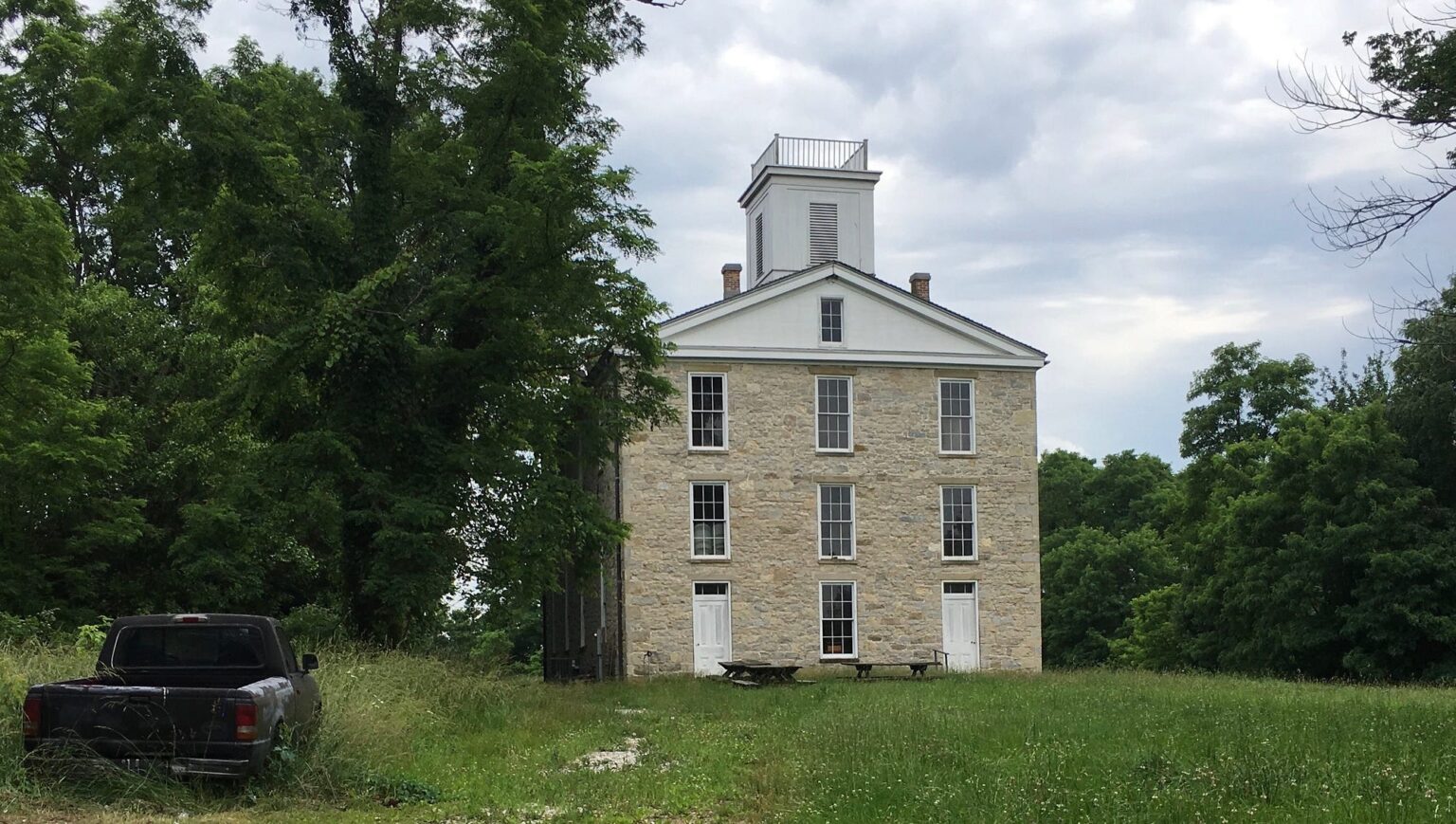
Chapter Six of A Family History of Whiteness: American Roots of Racial Injustice
Nikki Haley’s waffling non-response to a simple question about the cause of the Civil War was a recent reminder of the care contemporary Republican politicians take to avoid voicing even a hint of a challenge to the ideology of White supremacy.[i] Her unwillingness to name preservation of chattel slavery as the root cause of the secession of the Confederate States is an example of the way GOP leaders consistently divert attention away from racial politics and from racial injustice as central driving forces of American history.
In a play to secure the votes of White Christian Nationalists and White Supremacists, Haley and other Republican presidential candidates have embraced the “Lost Cause” revisionist history of the Civil War. When Haley said “…the cause of the Civil War was basically how the government was gonna run, the freedoms, and what people could and couldn’t do…” she was toeing the MAGA line by ignoring the pervasive presence of racial injustice in the American past and present. She was also taking great care to avoid frightening away White Republicans who might interpret any mention of the history of slavery in America as an attack on Whiteness.
Republicans (and others) who remain in thrall to White supremacist ideology are easily frightened — as they should be. Throughout American history the dominance of Whiteness has been challenged repeatedly and persistently, primarily by political movements led by people of color. People of color in America have always resisted the subordinate roles and status assigned to them by the ideology and institutions of White supremacy. However, for White people, episodes of active resistance to the hegemony of Whiteness and racial injustice have been relatively rare events in American history.
Several periods in American history stand out as particularly strong challenges to Whiteness. The current Black Lives Matter movement is one such moment. The Civil Rights movement of the mid-1950s to the late-1960s was another such moment.[ii]
The Abolition movement which grew in strength in the first half of the nineteenth century was the most enduring and…

